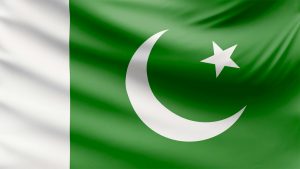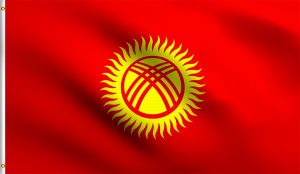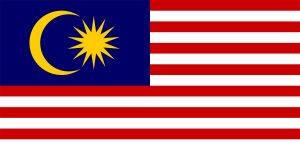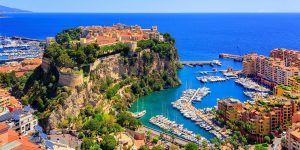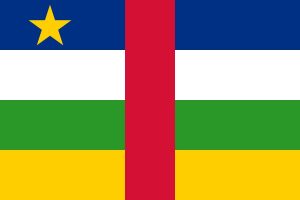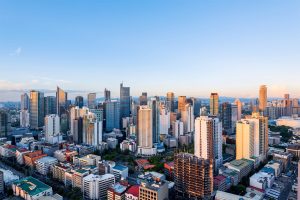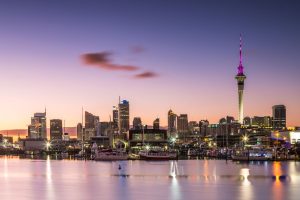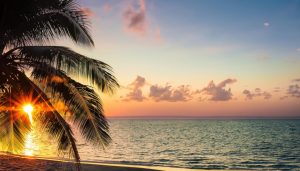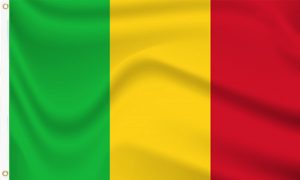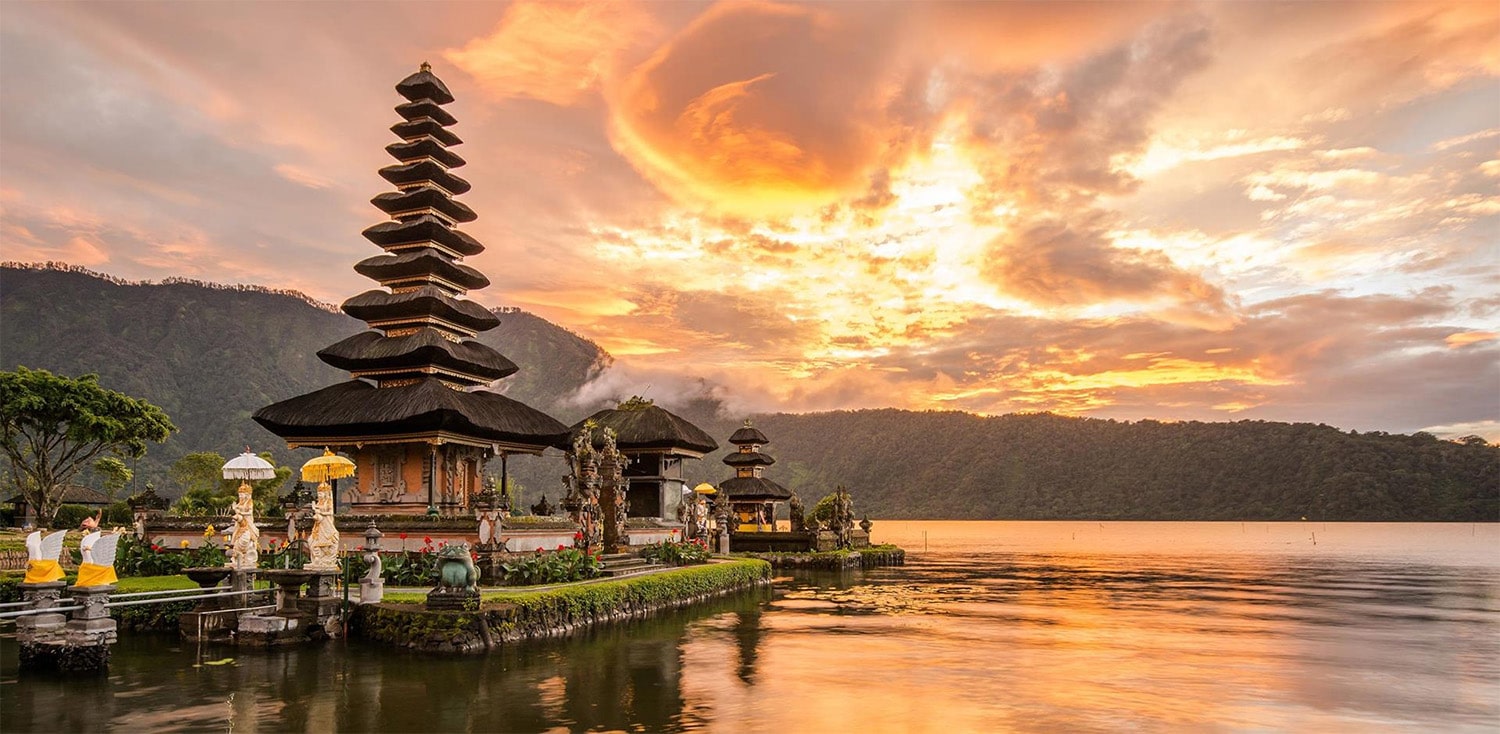
33 interesting facts about Indonesia
- 👁️ 2567
Indonesia, a vast archipelago nation, is a place of immense cultural, geographical, and biological diversity. Stretching along the equator in Southeast Asia, it comprises thousands of islands that offer an unparalleled array of experiences, from the bustling streets of Jakarta to the serene beaches of Bali. Indonesia’s rich history, influenced by a mixture of indigenous and foreign cultures, has resulted in a multifaceted society where ancient traditions coexist with modern life. Its natural landscapes are just as varied, featuring everything from volcanic mountains to dense rainforests, making it a haven for adventure seekers and nature lovers alike. Here are 33 interesting and informative facts about Indonesia, showcasing its uniqueness and significance on the global stage.
- Indonesia is the world’s largest archipelago, consisting of over 17,000 islands.
- It is the fourth most populous country in the world, with over 270 million people.
- Indonesia is home to hundreds of ethnic groups, speaking many different languages.
- The country’s motto, “Bhinneka Tunggal Ika,” translates to “Unity in Diversity.”
- Java, the world’s most populous island, is home to more than half of Indonesia’s population.
- Indonesia sits on the Pacific “Ring of Fire,” making it prone to frequent volcanic eruptions and earthquakes.
- It has the second-highest level of biodiversity in the world, after Brazil.
- The Komodo dragon, the world’s largest lizard, can only be found in the Komodo National Park in Indonesia.
- Borobudur in Central Java is the world’s largest Buddhist temple, dating back to the 9th century.
- Indonesia was once a Dutch colony; it declared its independence on August 17, 1945, but it was not recognized by the Netherlands until December 27, 1949.
- The country’s official language is Indonesian (Bahasa Indonesia), a form of Malay.
- Indonesia is the largest economy in Southeast Asia.
- It is one of the world’s leading producers of coffee, with Sumatra, Java, and Sulawesi being the main growing regions.
- The equator crosses through 12 of Indonesia’s islands.
- The national bird of Indonesia is the Javan hawk-eagle.
- Indonesia’s flag, known as “Sang Saka Merah Putih,” resembles the flag of Monaco and Poland but with different dimensions.
- The island of Bali is one of Indonesia’s most popular tourist destinations, known for its Hindu culture, beautiful landscapes, and vibrant arts scene.
- Rafflesia arnoldii, found in Indonesia, produces the largest flower in the world.
- Indonesia has the largest Muslim population of any country in the world.
- The country is a republic, with an elected parliament and president.
- Indonesia’s legal system is based on Roman-Dutch law, mixed with customary law.
- Palm oil, timber, petroleum, natural gas, and coal are among Indonesia’s major exports.
- The ancient maritime kingdom of Srivijaya, centered in Sumatra, was one of Indonesia’s earliest empires.
- Indonesian cuisine is diverse and influenced by Chinese, European, Middle Eastern, and Indian cuisines.
- Traditional Indonesian puppetry, called wayang, is a UNESCO Intangible Cultural Heritage.
- The archipelago has about 400 volcanoes, with approximately 130 being active.
- Sumatra is the only place in the world where tigers, rhinos, orangutans, and elephants live together in the wild.
- The island of New Guinea (shared with Papua New Guinea) houses the Lorentz National Park, a UNESCO World Heritage site and one of the most ecologically diverse areas in the world.
- Indonesia’s national emblem, Garuda Pancasila, features the mythical bird Garuda carrying a shield with the state philosophy’s five principles.
- The Spice Islands (Maluku Islands) were once the world’s only source of nutmeg, cloves, and mace.
- Indonesia is a founding member of ASEAN (Association of Southeast Asian Nations).
- The country is committed to preserving its marine biodiversity and has the world’s largest sanctuary for manta rays.
- Puncak Jaya in Papua is the highest peak in Indonesia and the tallest island mountain in the world.
Indonesia is a land of contrasts, where ancient temples stand amidst bustling cities and untouched beaches lie hidden behind verdant jungles. Its rich cultural tapestry, diverse ecosystems, and historical significance make it a fascinating subject of study and a captivating destination for travelers. Through its commitment to unity and diversity, Indonesia continues to thrive as a nation, embracing the challenges of the modern world while preserving its unique heritage and natural beauty.


